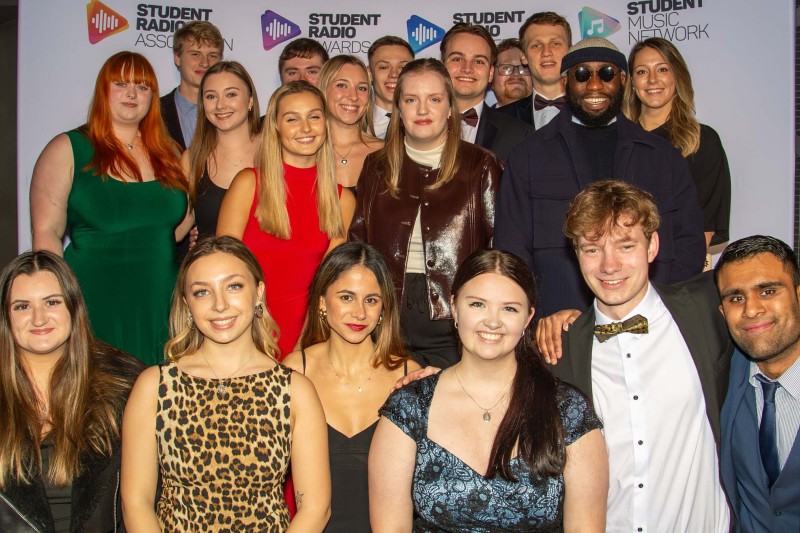Media Studies should be made mandatory in schools to help young people navigate and critically evaluate fake news and disinformation, a research project has concluded.
The project, led by the Centre for Excellence in Media Practice at Bournemouth University and funded by the US Embassy in London, brought together leading media researchers from the US and the UK to explore how critical media literacy could best tackle the issues of fake news and disinformation.
It found that the most effective educational response would be to make Media Studies a mandatory school subject.
Professor Julian McDougall, a Professor in Media and Education at Bournemouth University who led the project, said: “Our key finding, from working with key stakeholders in dialogue with one another – journalists, teachers, students and information professionals – is that fact-checking tools and online media literacy resources are excellent for ‘giving a fish’ but a more sustained, educational critical media literacy provision in schools is much better for ‘teaching to fish.’
“It’s pretty clear that if every child studied media in school, we would have a more critical, resilient generation of citizens who would be much less vulnerable to fake news.”
The project found that critical media literacy taught in schools would better equip young people with resilience to fake news and online misinformation than reactive resources such as fact checking and verification tools.
They also recommend that critical exploration of social media algorithms and big data should be added to the media education curriculum.
“In educational, political, media and policy discourse, concerns about fake news and misinformation are widespread,” added Professor McDougall.
“A plethora of initiatives, policies, projects, toolkits and online resources pose the question – what can we do about this pressing societal challenge before it becomes a crisis, if it hasn’t already, with the potential to be as threatening to our democracies as climate change is to our environment?
“But the answer is right there, right now, in most of our schools, but only for the minority of young people who choose Media Studies as an option. For a number of reasons, all of the influential ‘stakeholders’ in young people’s education are ignoring it or looking for answers elsewhere.”
Find out more on the Media Literacy versus Fake News: Critical Thinking, Resilience and Civic Engagement research project website. You can also access resources to support the teaching of critical media literacy.



